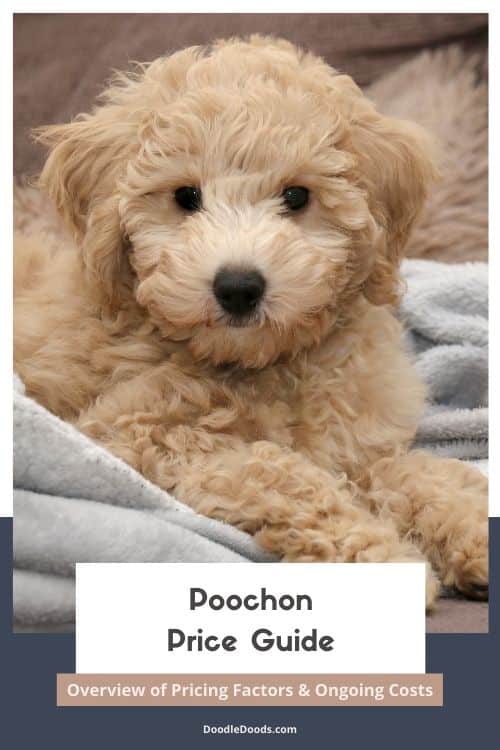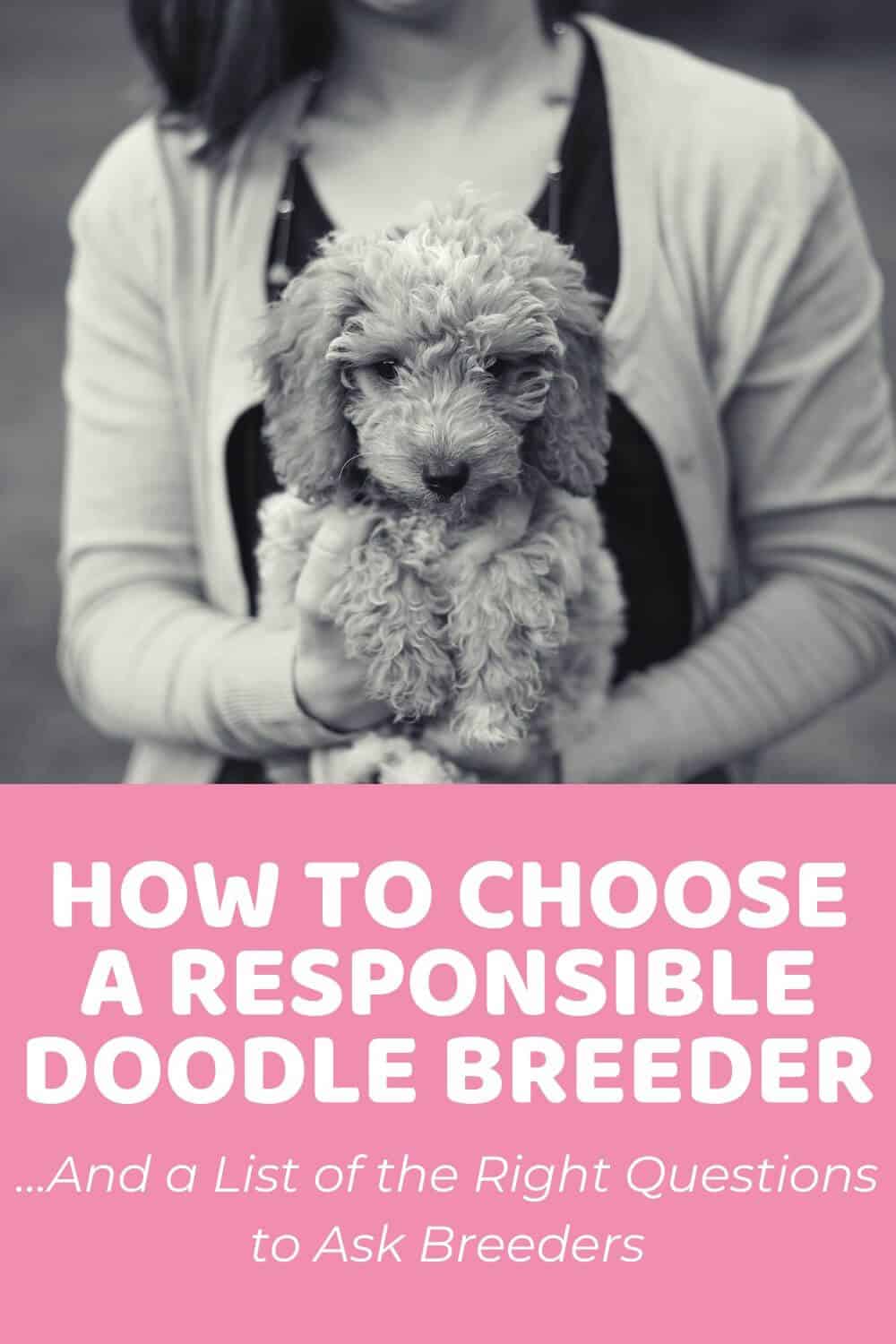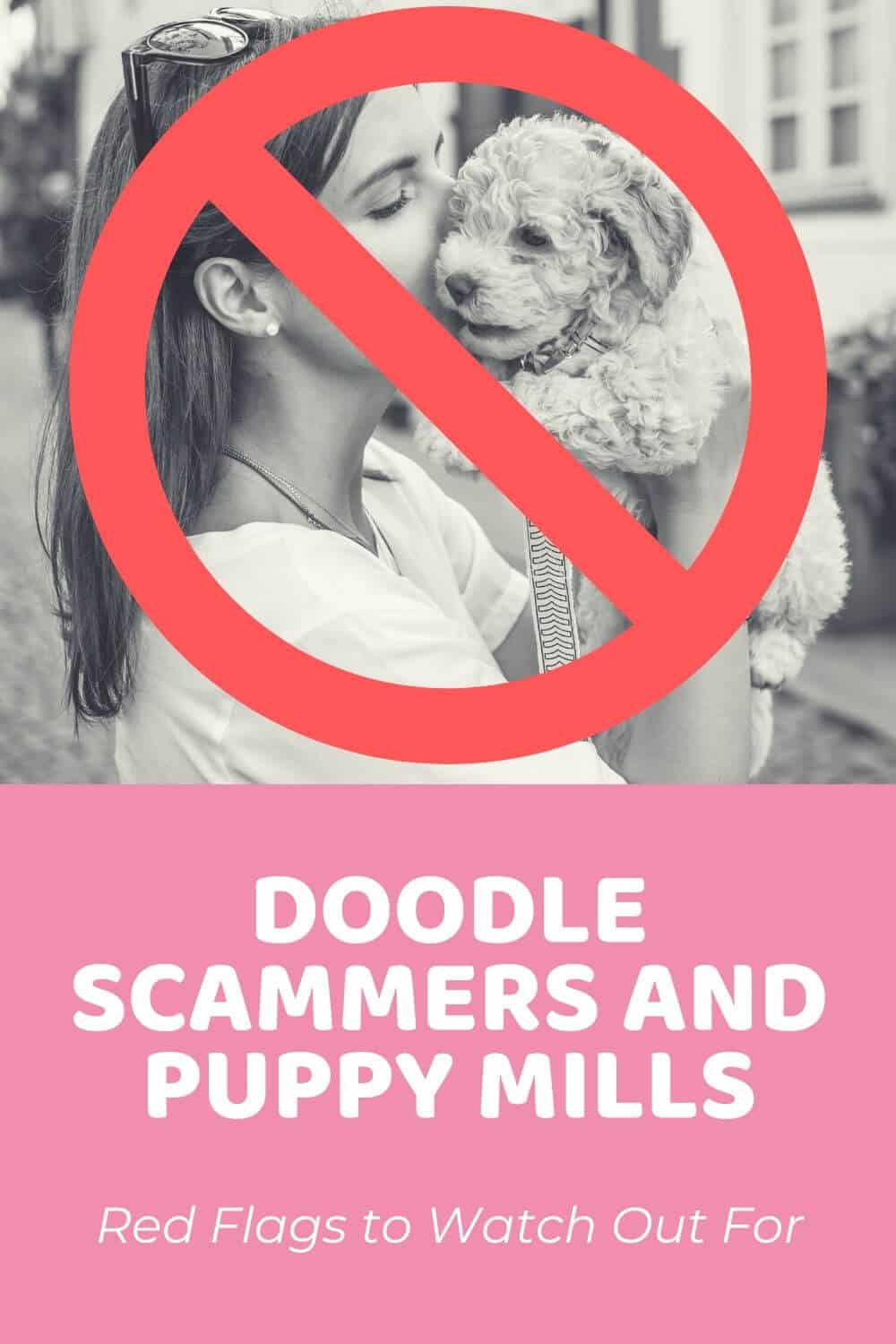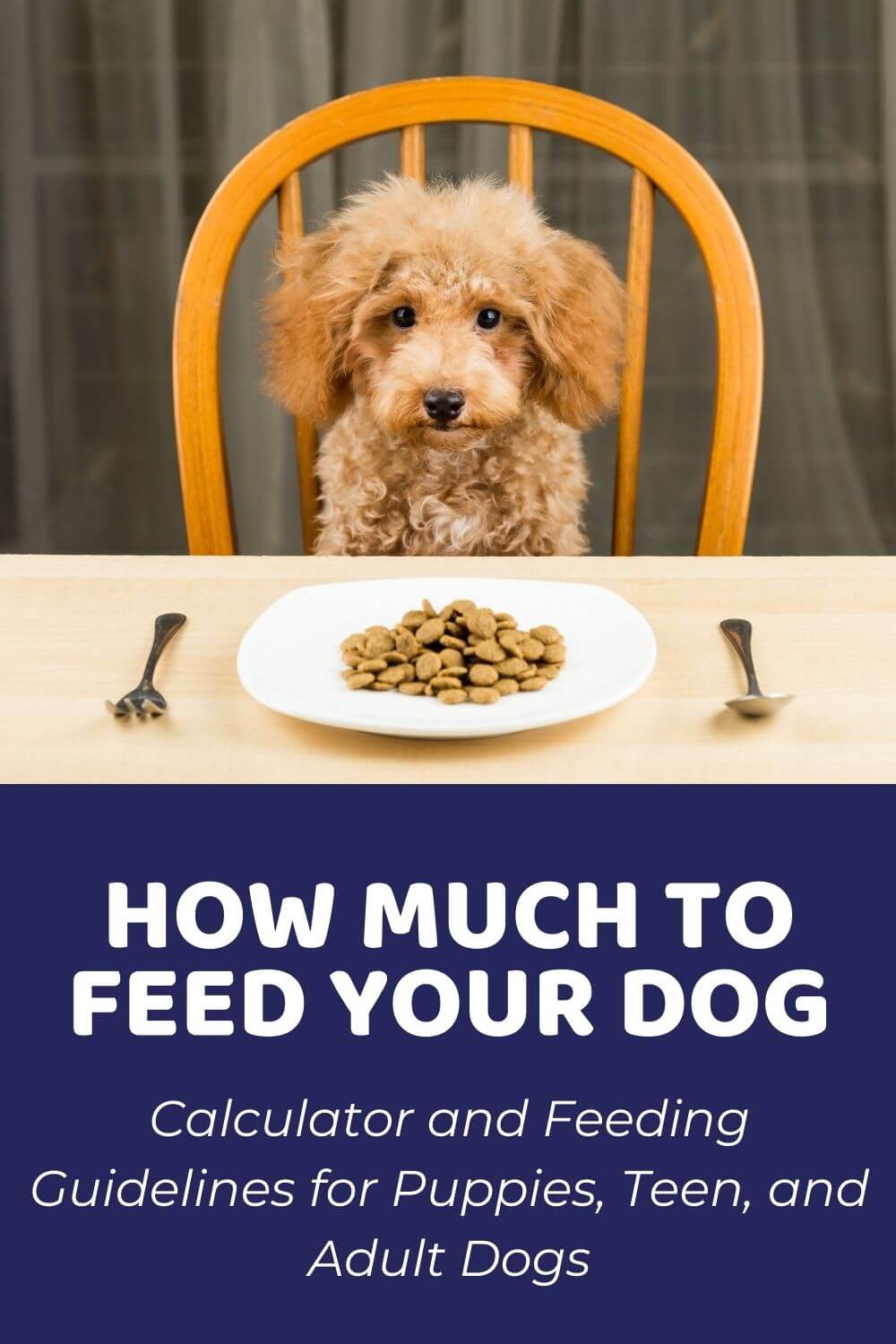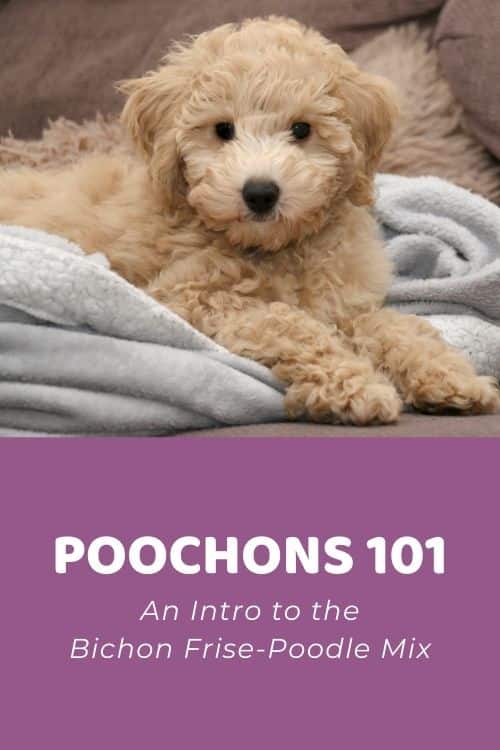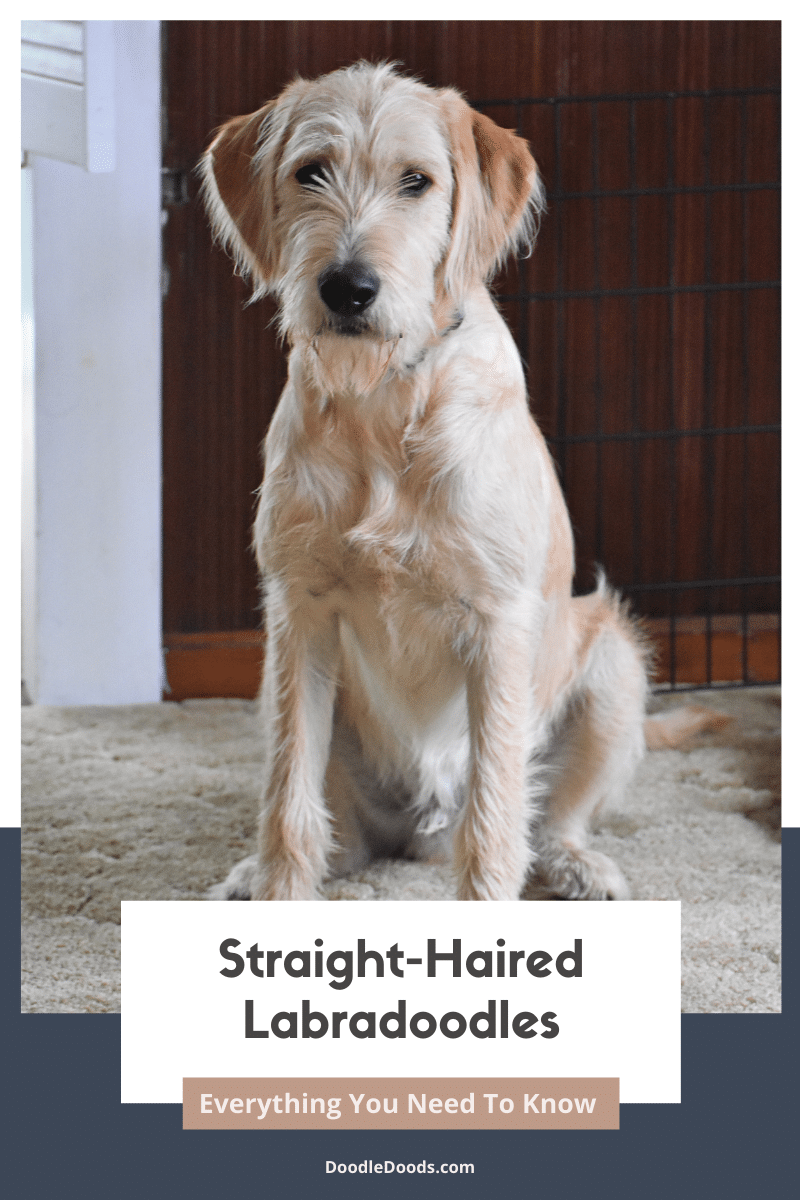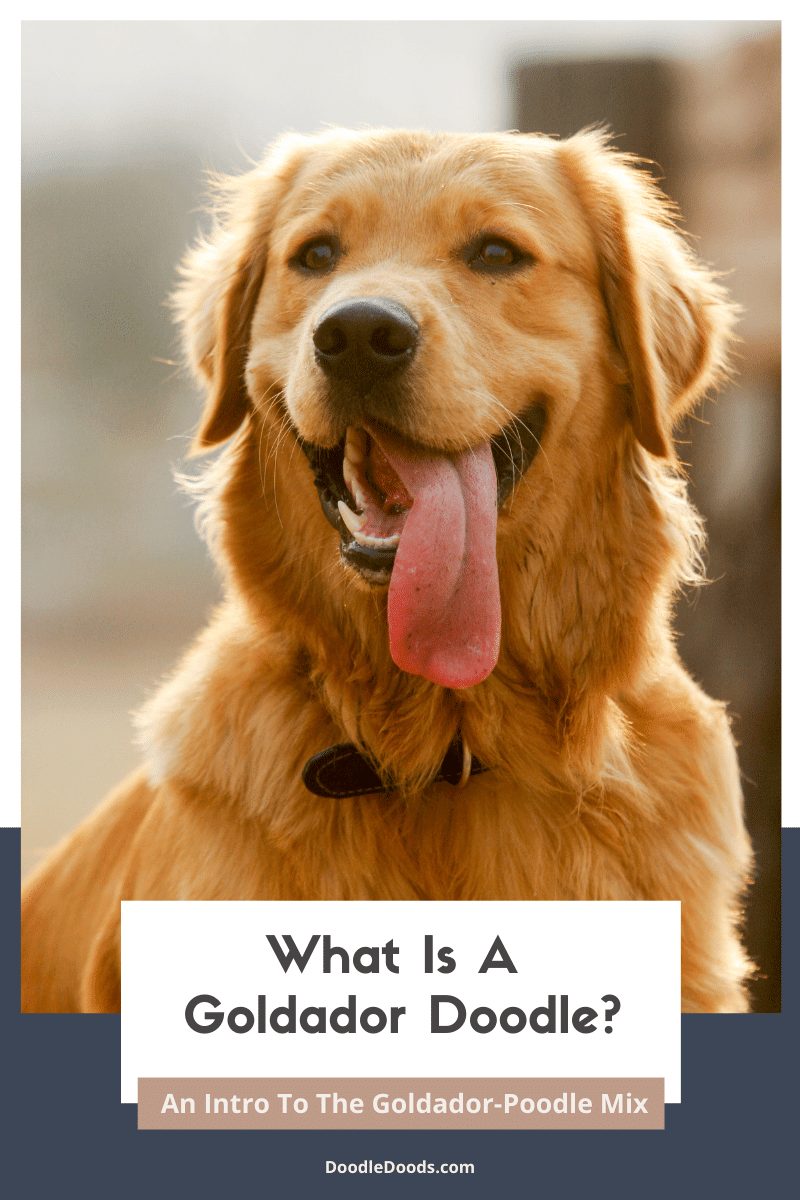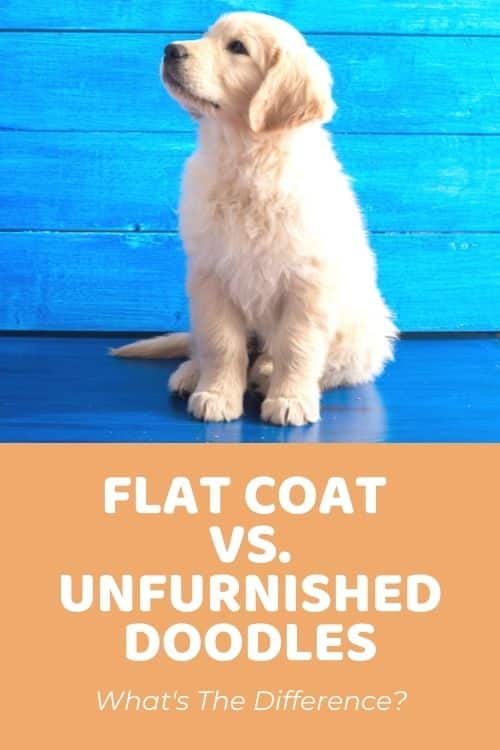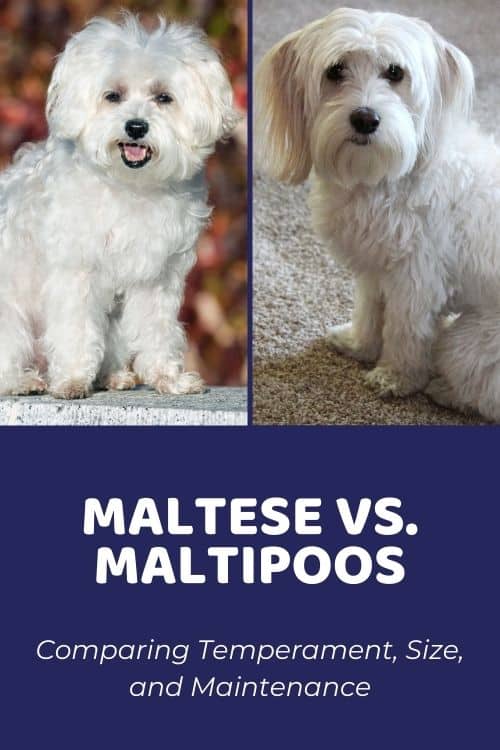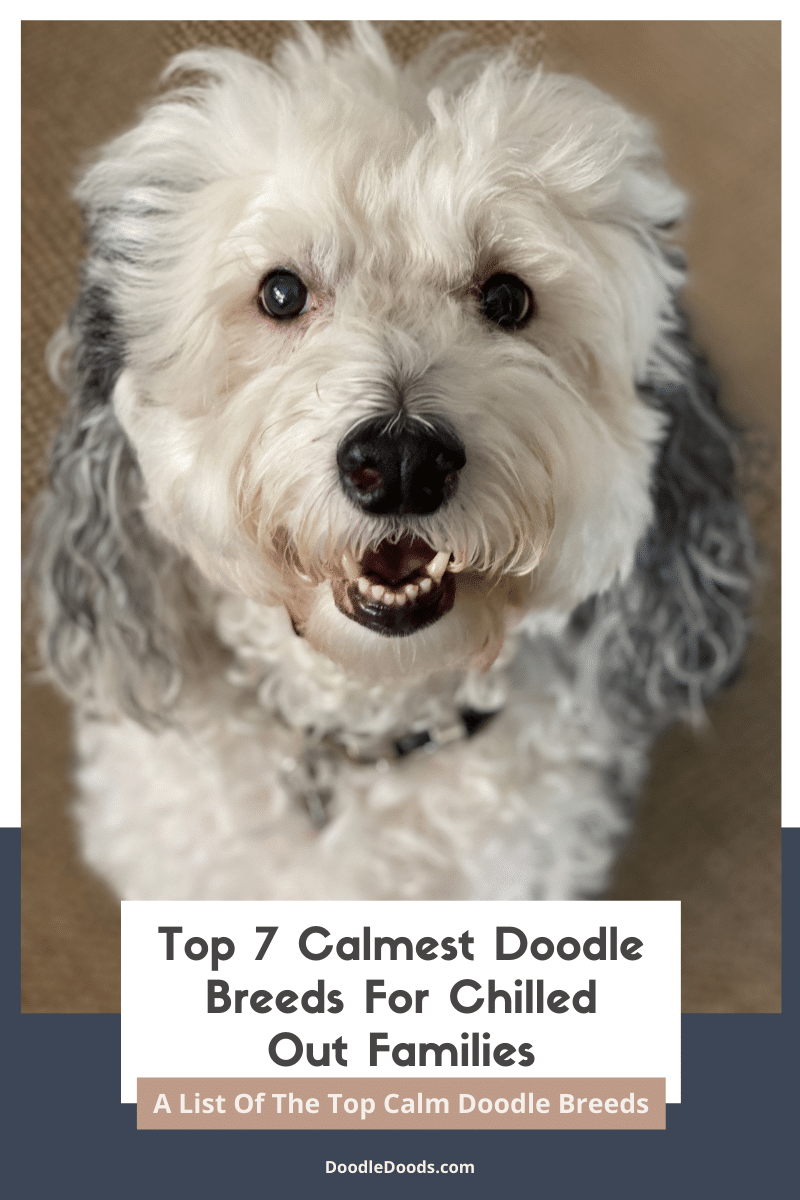Sweet, petite, and super social Poochons make truly lovely pets for anybody wanting the perfect cuddly companion pup. If you are looking to take on one of these dogs, you’ll need to have plenty of time to spare, as these gorgeous little mites just hate to be left alone for too long. There are also a few other things to consider before opting to take on a Poochon. Obviously, among these will be their price and how much they cost to care for.
Several elements go into costing the Bichon Frise – Poodle mix. If you’re looking to buy from a breeder, generation, coat types, genetic testing, and health guarantees are all terms to be aware of. Regarding ongoing expenses, you will have to think about food and treats, veterinary expenses, and coat care, among other things. In this article, we detail all of these and more to enable you to make an informed decision on adopting a Poochon.
Table of Contents
- Factors that Determine Poochon Puppy Price
- Different Types of Poochon Breeders and How Price Varies
- Poochon Costs of Ownership
- Where Can you Buy A Poochon?
- Adopting a Poochon
- Frequently Asked Questions on Poochons
- Poochon Cost Final Thought
Factors that Determine Poochon Puppy Price
If you have visited a breeder already, you may have a fair idea of the relative cost of a Poochon puppy. At somewhere between $1,000 and $3,000, they tend slightly toward the lower end of the Doodle price scale. However, there’s obviously a significant difference between those two numbers. Where your particular puppy sits within them will depend somewhat on the following:
Genetic Guarantees
The good news for prospective pet parents is that dog breeding has come far in the last few decades. While this may not seem like such a blessing given that it has upped the price tag of many dogs, the benefit of more stringent breeding standards is, of course, much healthier puppies and better breeding lines. While Doodles as mixed mutts rather than pedigrees aren’t as closely safeguarded in this respect as pedigree dogs, this, too, is improving.
The more reputable breeders work hard to create healthy puppies, which can be pretty tough(hence the higher cost). First, they select the best breeding animals using pedigree certification (in the case of Poodles and Bichon Frises). Then they have them extensively health tested to ensure they don’t have genetic conditions to pass down to their litters. Finally, they provide a guarantee of up to two years with each puppy ensuring they are in the best possible health. These are all signs of a great facility.
Location
While Doodles as a whole are gaining in popularity by the day, you may still have some difficulties getting your hands on some of the rarer kinds. Although Poochon’s are cute beyond belief and much loved by their adoptive families, they do still fall into this category. You might need to look a little further afield to find one if you have decided they are the dogs for you. You will have to factor the travel and/or transport costs into the price of your new pup. These can add up, especially if there is flying involved.
You might also notice differences in the price of puppies based on the state and whether the facility is in the city or the country. Some of these locations naturally have an overall higher cost of living. This will carry over into the care of the puppies and their parents and influence how much breeders are asking. For this reason, it might be worth shopping around a little, as long as you do remember to include travel expenses in your plans.
Breeder Stock
As we touched on above, breeders want the highest quality animals to create the best and healthiest litters. Often these dogs (especially if they are pedigrees) don’t come cheap. Plus, they will need to be AKC or CKC registered. Poodles, particularly the smaller ones, are in high demand right now and tend to cost around $2,500 as a bare minimum. Bichon Frises are usually a little cheaper at around $2,000.
The issue, however, with breeding dogs is that these tend to be much rarer to find. Many facilities put a neutering clause in the buyer’s contract. This is their way of ensuring that not just any Joe off the street decides to start creating puppies. The idea is to avoid backyard breeders. Again, this increase in demand makes such dogs much harder to find and impacts how much they are sold for.
Demand
Speaking of demand… while not on the same level as Goldendoodles, Labradoodles and Cockapoos, Poochons are increasingly sought-after pups. This is because people are beginning to catch on to the whole ‘just because they’re a Doodle doesn’t mean they are hypoallergenic’ situation. With both the Poodle and the Bichon Frise on the American Kennel Club’s more hypoallergenic list, Poochons are one of the better Doodles for allergy sufferers.
The advantage of this is that more breeders are focusing on Poochons, making them more readily available across the country. However, facilities are also capitalizing on the Poochon’s rising popularity by increasing the price of these darling Doods. After all, however ethical the facility, breeding is still a business, and of course, these people are going to take advantage of the laws of supply and demand when they can.
Size
Poochons come in two distinct sizes: Standard and Mini. However, given that both parent dogs are super teeny, you’ll always have a pretty small-sized pet no matter which you opt for. Standard Poochons are around 10 to 15 inches to the shoulder and weigh about 10 to 18 pounds. Mini Poochons are slightly smaller, with their Toy Poodle parent at 8 to 10 inches to the shoulder and weighing around 6 to 10 pounds.
Unlike other types of Doodles, where smaller versions tend to be priced higher than larger ones, when it comes to the Poochon, as both kinds are of a highly manageable size, there shouldn’t be too much of a difference between the two. You might find that the Mini ones are a little more simply because “Mini” has become a bit of an overhyped buzzword in Doodle land, but by shopping around a little, you should be able to land a good deal.
Coat Type & Color
The kind of coat your Poochon puppy has been bred to have might also impact the price somewhat. While the beloved Poodle is multi-hued, Bichon Frises are pretty much only ever seen in white. This means that Poochons tend to only come in variations of cream, tan, and apricot. Red, black, and grey Poochons may exist, but if they do, they are extremely uncommon, and their cost will likely reflect that.
In terms of coat texture, with the Poodle curls on one side and the Bichon Frise powder-puff hair on the other, you’re going to end up with a plush and darling teddy-bear dog, whichever parent they take after. Typically these dogs are fairly curly either way, and, as we covered above, with two low-shed breeds in the mix, you’re unlikely to be too concerned. This means far less fluctuation in the prices between the various generations. In fact, you might not even find latter-generation Poochon puppies at all.
Breeder Reputation
Finally, the reputation of the breeder can play a significant role in the price tag of the Poochon puppies. More established places will have honed their skills (not to mention their breeding lines) and will be experts at their craft. The advantage of this is that you can be guaranteed just the type of pup you’re after, and they will be super healthy. The downside, naturally, is that this will be reflected in how much their charge for their dogs.
However, it might be worth forking out a little more for a Poochon from a facility with a stellar reputation. (The importance of this is covered in depth in the next section). Beyond that, these breeders are usually able to offer additional services based on their expertise, such as puppy training, early socialization. They will also be able to talk you through breeding details, and potential problems with a new puppy and provide product recommendations too.
Different Types of Poochon Breeders and How Price Varies
While breeding standards are gradually being introduced to protect buyers (not to mention the animals themselves, of course!) from poor breeding practices, these are pretty gradual and often not enforced. This is especially the case with Doodles, given that they are mixed-breed dogs. What this means is that there is quite a lot of variation in practices between facilities. These can usually be divided into three distinct groups, a good one and two to be avoided at all costs:
Professional Breeders
The facilities to be on the lookout for, professional breeders are just that – pros. They have likely been in operation for a while, and beyond that, these guys really care about the health and well-being of their animals. There are plenty of ways to spot that you’re dealing with the good guys, including clean and healthy facilities, a strong web presence, information on genetic testing, and plenty of positive reviews, among other things.
Backyard Breeders
The lesser of the two evils, backyard breeders may start out and even continue to have good intentions for their pets and the puppies they produce. The sad truth is, though, they tend to know next to nothing about breeding Doodle puppies. In looking to make a little extra money, they will usually breed their loyal pets without having them adequately tested and raise the puppies without the proper facilities and training.
Puppy Mills
Puppy mills are truly the villains of the dog-breeding world. Not only should these be avoided, but they should also be reported to the relevant authorities to be inspected and, hopefully, shut down. These often large-scale operations are all about profit. They will breed and breed their dogs beyond what is healthy for them and then raise the litters in the cheapest possible way in bare-minimum facilities and usually without vet care.
Poochon Costs of Ownership
Doodles are admittedly not cheap dogs to buy. So you’ll obviously have to think long and hard about the initial price of getting one before you do. However, it’s also a good idea to consider the ongoing costs of these happy hounds. Dogs are a huge commitment, both financially and in terms of time and dedication. Money-wise you’ll need to factor in the following:
Food and Treats
To keep your pet nicely healthy, you’ll need to invest in a top-quality food with the right nutrients to help them grow and thrive. Poochons, like their Poodle parents, can be pretty sensitive, so you’ll likely have to find a stomach-soothing blend. This could set you back in the region of $200 – $300 per year. You’ll also have to keep well stocked with training treats, especially in the early years, which could be another $100 on top of that.
Training and Boarding
Early training and socialization are vital for all dogs: big and small. If you want your four-legged friend to behave in the right way around other people and pets, you’re going to have to put in a little work with them. If you aren’t so au fait with dog training, you’ll need to take your pet to a professional, which will cost $100+ to help them master the basics at least. Boarding your pup when you go on holiday if there is no one else to care for them can also be around $100 per night, depending on the quality of the facility in question.
Vet Visits
Hopefully, you manage to find a super-healthy puppy from a great breeder. If you do this will save you $$$ on vet care. However, you will still need to ensure you set a little aside for emergencies and should take your pup for regular checkups too. Vet costs will naturally be higher in the early (immunization) and later (aging issues) years of your pal’s life, but it’s good to think in terms of around $250 a year for this.
Grooming
Poochons, as smaller dogs, will likely seem much easier to care for in terms of brushing, washing, and trimming, but their curly coats can spell serious trouble if you don’t put the work into maintaining them. When putting them entirely into the hands of the professionals, you could be looking at somewhere between $30 and $50 a groom. This will only be the case if there are brushed often enough that no serious knotting occurs. If you want to tackle this whole task yourself, our detailed grooming articles can help.
Other Costs
Alongside all of these, you will also need to buy a host of accessories for your pet, including food bowls, a leash, and collar (or harness), a crate, a bed, toys, and more. With the not-prone-to-chewing Poochon, you will hopefully find yourself having to replace these less often than with a larger, mouthier dog – so that’s good news. Obviously, prices for these vary depending on the brand and style. Opt for better quality products, and this will also see them lasting years too, saving you money in the long run.
Check out our dedicated article for a comprehensive list of everything you might need for your new puppy.
Where Can you Buy A Poochon?
If you’re on the search for a responsible breeder for your much-anticipated Poochon puppy, Google can be your best friend. However, you’ll want to ensure that any facility you deal with has the health and best interests of their animals as their top priority. Carefully check all the details provided on the breeder’s website and social media for more information on the dogs and the kinds of genetic testing done on the parent pups. Be sure also to scan every review you can find (third-party site ones are best).
If you’re feeling a little overwhelmed with options and the work required to vet them properly, our breeder’s directory can give you a welcome nudge in the right direction.
Adopting a Poochon
An alternative to purchasing a puppy is adopting one from a shelter. This generally works out cheaper all around, as adoption fees are far lower than puppy prices, plus these poor pups do deserve a wonderful forever home. However, if you’ve got your heart set on a Poochon, you might struggle to find one of these dogs in a shelter in the first place.
Typically Doodles (especially the more mini kind) are rarely surrendered to these places because, happily, the initial cost of getting one makes people think longer and harder about the perils of pet ownership in advance. This makes for more prepared owners willing to work harder with training, caring for, and keeping their pets.
Frequently Asked Questions on Poochons
Poochons by no means top the list of pricy dogs. However, they also don’t come cheap. Primarily the reason for this is based on the work that goes into breeding healthy litters of these dogs – everything from genetic testing to regular vet care. These costs quickly add up and are passed along to the buyer in the price of the puppies.
You might find cheaper pups available, but a considerable difference in the cost often reflects an issue with the facility. If you do decide to dice with danger and get your fur baby from a puppy mill, you could be looking at hundreds of dollars of vet bills when you find that your new pet is not quite as healthy as you would like.
Poochon Cost Final Thought
Doodles are darling dogs, and Poochons certainly fall into this category. However, if you’re looking to welcome a new pet into your home, you might be worried about the initial and ongoing costs of doing this (especially if you have never owned a dog before). Hopefully, the details in this article can shed a little light on the issue and provide you with enough information to make a firm decision about whether now is the time to extend your pack. If you do adopt a Poochon, we have no doubt that you will never regret letting one of these little angels into your heart.
Learn How to Care for Your Doodle Puppy!

Perfect for first-time Doodle parents, get ALL your questions answered, including questions new Doodle parents don’t even think to ask.
Plus, get $700 worth of Bonus Materials for FREE, including:- Doodle Parenthood Community and Support Group ($190 value)
- Doodle Puppy Growth Tracker ($20 value)
- EMERGENCY Cheatsheet: When To Call The Vet Immediately ($50 value)
- HELP! Button ($145 value)
- And SO MUCH MORE!

